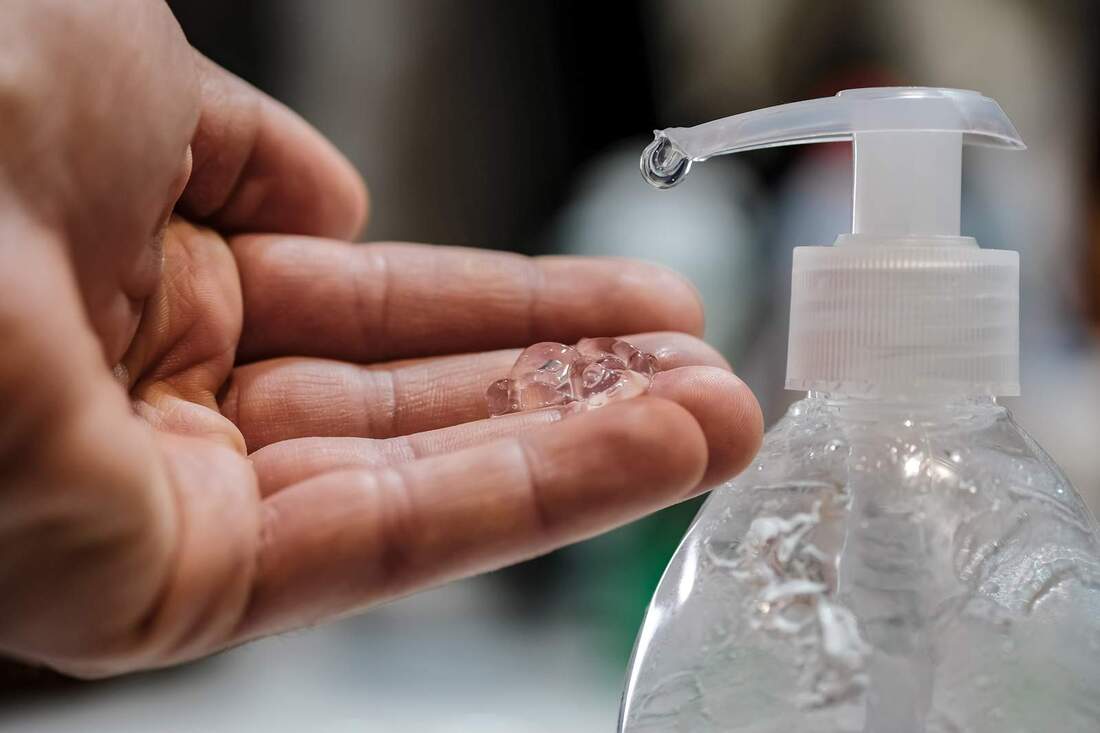|
The Dangers of Using Hand Sanitizers By Pierre Mouchette | Bits-n-Pieces Hand Sanitizers
You might carry it in your pocket, keep it in your vehicle, and see it everywhere (supermarkets, schools, doctor's offices, and more). Hand sanitizers come in gel, foam, and lotion form, making them easy to clean your hands and a convenient alternative if you are not near a bathroom. But are you aware of the hidden dangers and harmful chemicals in hand sanitizer that may have you rethinking using them? Antibacterial Resistance Hand sanitizers are designed to kill microbes, such as bacteria and viruses, but what are the potential dangers of frequent use? What happens when your body builds up a resistance to antibiotics and bacteria? These are questions not thought about, and yes, there are consequences! Non-alcohol-based hand sanitizers contain an antibiotic compound called triclosan or triclocarban. This chemical is antibacterial, meaning it contributes to making bacteria resistant to antibiotics. It is found in antiseptic soap and some toothpaste. Products with triclosan are labeled antibacterial, antimicrobial, or antiseptic. The problem is that when you use hand sanitizer often, you build up a resistance to antibiotics and, in turn, resistance to bacteria. You lower your disease resistance by killing the good bacteria on your hands. Note: When scrubbed on properly, studies find regular soap is just as good at killing potentially infectious bacteria and viruses. Stick to the soap and water, and you will be in better hands. Learn how to wash your hands properly by reading the CDC article 'Handwashing in Communities: Clean Hands Save Lives' You Kill Good Microbiomes and Comprise Your Immune Health! While you cannot see them, millions of bacteria are on your hands, skin, and of course, inside your gut. It is called the microbiome. Science tells us that the colonies of bacteria we have on and in our bodies, among other things, keep our bodies healthy and functionally correctly. When we regularly use hand sanitizer, we kill off nearly all microbes on our hands and skin, both good and bad. The problem is that killing potentially good or beneficial bacteria lowers your resistance to illness and disease because you are eliminating what helps your body fight off harmful bacteria. When you have a weakened immune system, this makes it more difficult or even impossible to treat without intervention. FYI Researchers at the University of Michigan School of Public Health found that the chemical triclosan can negatively affect immune function. In the same study, children and teens exposed to higher levels of triclosan were more likely to be diagnosed with hay fever and other allergies. Increased Exposure to BPA Chemicals in hand sanitizers and other cosmetic products like lotions make the skin more permeable to substances you handle, including BPA found on receipts and plastics. Note: BPA is a known endocrine disruptor that interferes with the function of hormones like estrogen. Alcohol Can Potentially Poison You Hand sanitizer often lists alcohol as the first ingredient, such as ethyl alcohol. It is an active ingredient, working as an antiseptic. Alcohol, the germ-killing agent in alcohol-based hand sanitizers, evaporates within seconds after you apply it to your hands. However, some alcohol is absorbed through the skin and into your bloodstream. Hand Sanitizers Are Toxic Hand sanitizers are full of toxic chemicals. The following are the chemicals you rub on your hands and skin each time you use sanitizers.
0 Comments
Your comment will be posted after it is approved.
Leave a Reply. |
Archives
May 2024
|
